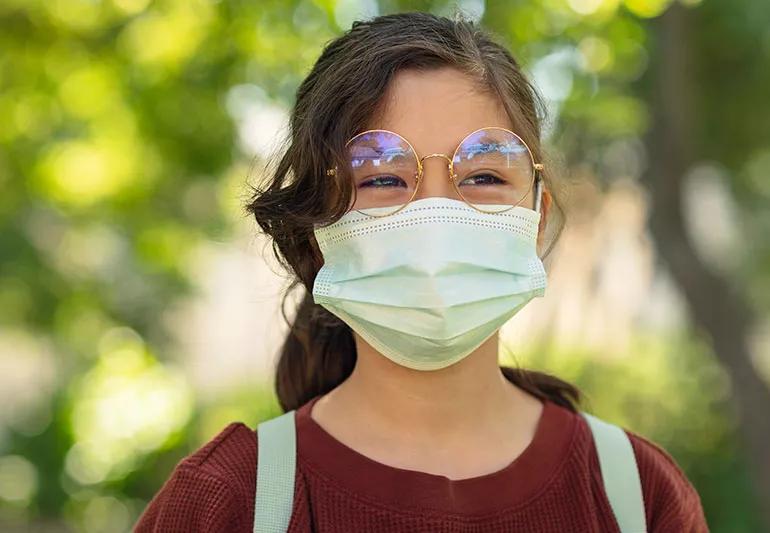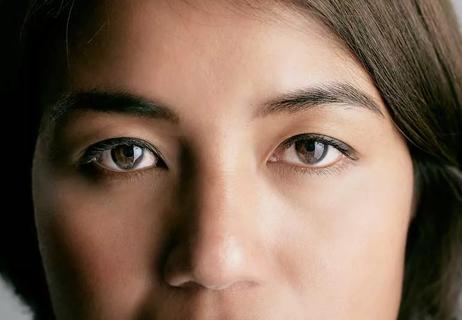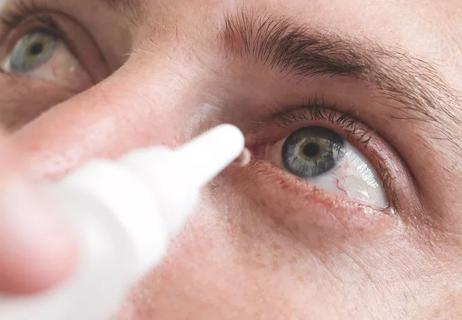Be sure to protect your eyes from UV light and hazardous materials

Your eyes play a crucial role in how you move through the world and enjoy your life, from the moment you wake up to the moment you go to sleep.
Advertisement
Cleveland Clinic is a non-profit academic medical center. Advertising on our site helps support our mission. We do not endorse non-Cleveland Clinic products or services. Policy
They do the important job of capturing light. Then, different parts of the eye system (or ocular system) work together, connecting with neurons that translate and deliver messages to the brain as visual images.
For this reason, it’s important to keep your eyes healthy. Follow these simple measures to maintain good vision and enjoy lifelong eye health.
Eye specialists are trained to determine and improve your vision with eyeglasses, contact lenses and eye exercises. They can provide total eye care, from examinations and vision correction to the diagnosis and treatment of eye disease, says ophthalmologist Michael Millstein, MD.
You should visit your optometrist or ophthalmologist for an eye exam once every year, or if you experience eye infections or symptoms of disease such:
Eye disease is the No. 1 cause of blindness. “Most diseases that cause blindness, like glaucoma and diabetes, can be treated or slowed down if they’re diagnosed and managed properly,” Dr. Millstein says.
While there’s no cure for some eye disorders, there have been major medical advances for age-related macular degeneration and cataracts. By getting regular exams and discussing your family history, you and your doctor will be better able to anticipate, prevent and treat eye disease.
Advertisement
Not wearing your prescribed eyeglasses or contacts won’t cause disease, but it can create discomfort from eyestrain, headaches or possibly even injury brought on by the lack of safe vision.
If you find wearing prescriptive lenses to be uncomfortable, ask your doctor about alternatives, like switching from eyeglasses to contact lenses or exploring corrective surgery.
Ultraviolet (UV) radiation comes from sunlight, tanning beds, black-light lamps and some other forms of light. If you’re frequently exposed to UV rays, this can lead to an increased risk of cataracts or yellow raised spots on the surface of the white of the eye, such as pingueculas and pterygiums. Eye diseases such as macular degeneration, solar retinitis and corneal dystrophies have all been linked to UV exposure.
Your eyes may be more sensitive if they’re a light color, or if you’re taking specific medications. You can protect your eyes while you’re out in the sun by wearing prescription sunglasses, clip-on sunglasses or UV-blocking contact lenses.
Wearing safety glasses and protective goggles when you play sports or work with hazardous materials lowers your risk for eye injury, vision damage and complete loss of sight.
“Being actively involved in your eye health and working with your optometrist and ophthalmologist increases your chances for maintaining good eye health and eyesight throughout your life,” Dr. Millstein says.
Advertisement
Learn more about our editorial process.
Advertisement

The benefits of these drugs typically outweigh potential risks — but talking about your eye health and GLP-1s with your provider is advised

Once your baby’s eyes are exposed to more light, they may start to deepen in hue or change color altogether, usually between 3 and 9 months

Many factors, like eyelid irritation, cosmetic lash procedures and underlying health conditions, can affect your eyelashes

A diet built around fruits, vegetables and healthy fats is a clear 20/20 benefit for your vision

It takes millions of moving parts within the eye to make the power of vision possible

Cosmetic procedures such as iris implants and corneal tattooing bring a risk of vision loss

If your eyes suddenly take on a different color, it could be a sign of a medical concern

Act quickly when a chemical or object gets in your eye

Wearing a scarf, adjusting your outdoor activities and following your asthma treatment plan can help limit breathing problems

Your diet in the weeks, days and hours ahead of your race can power you to the finish line

When someone guilt trips you, they’re using emotionally manipulative behavior to try to get you to act a certain way